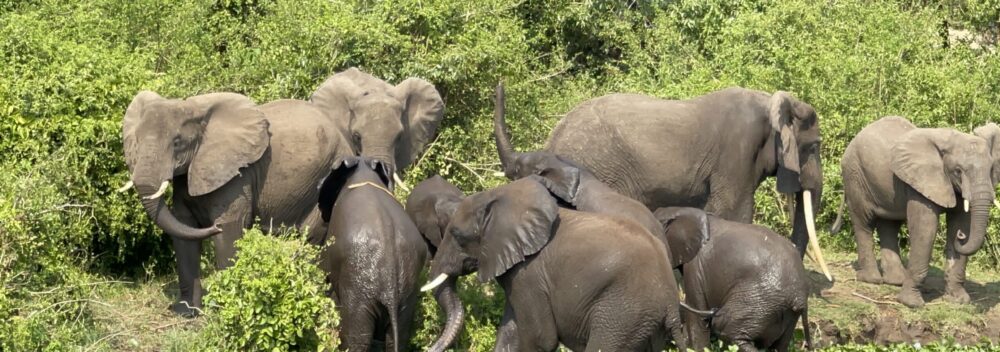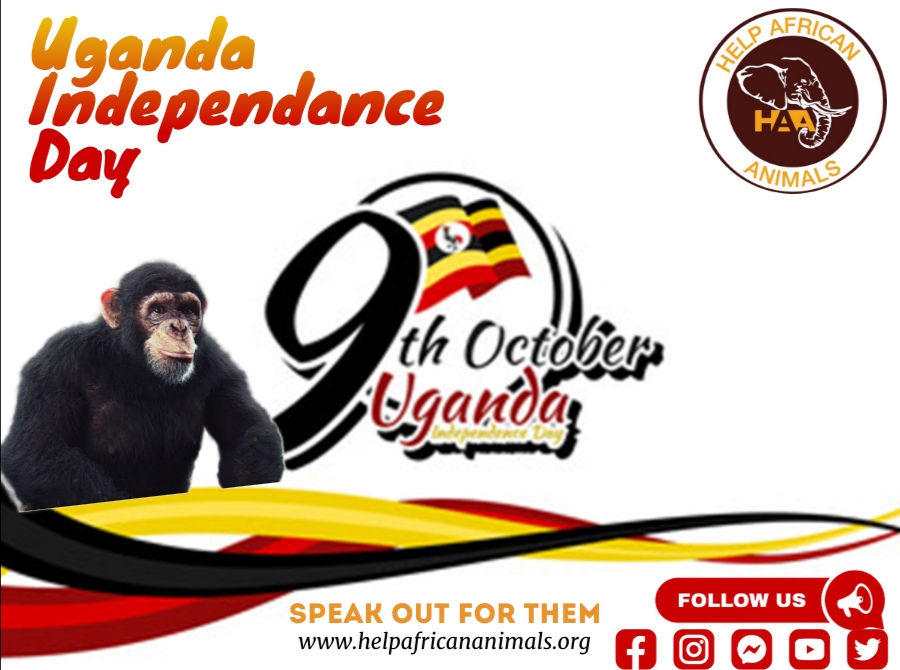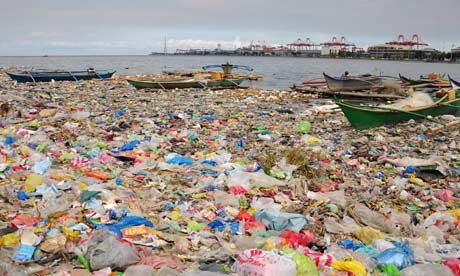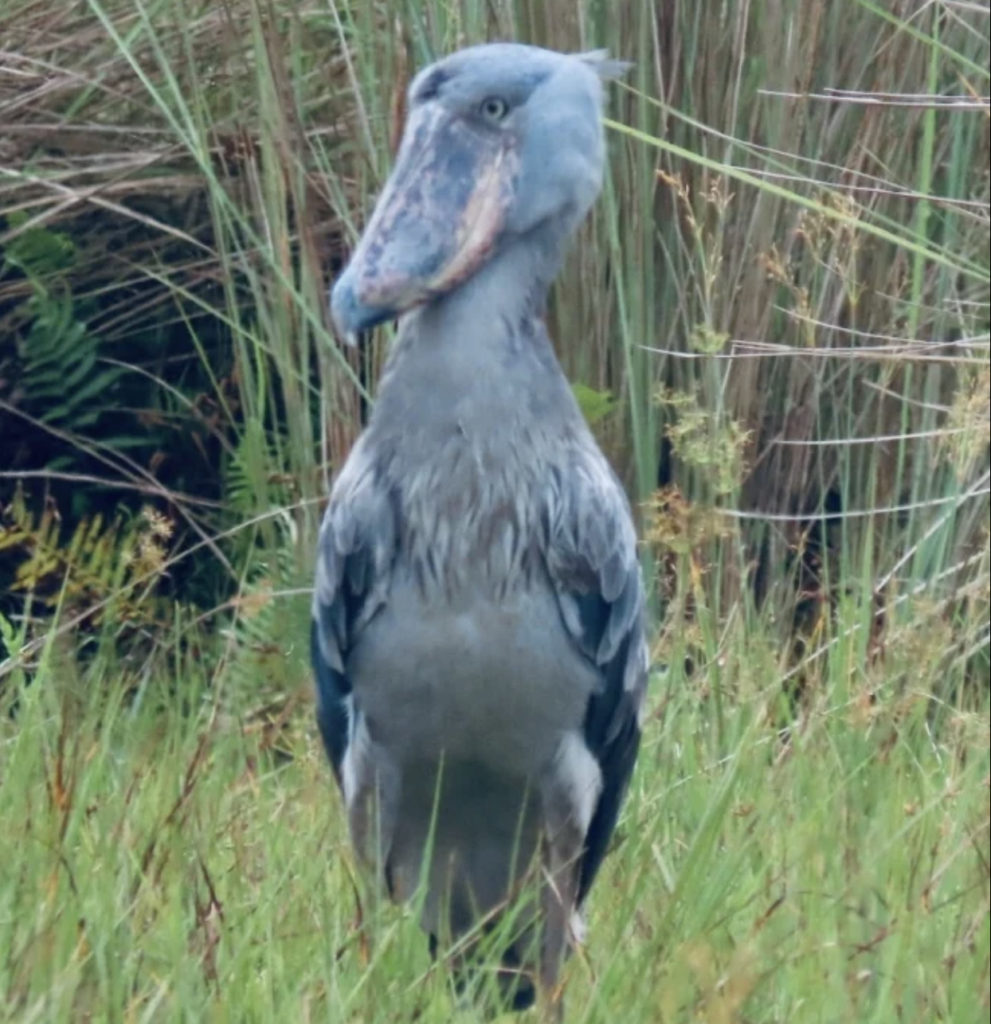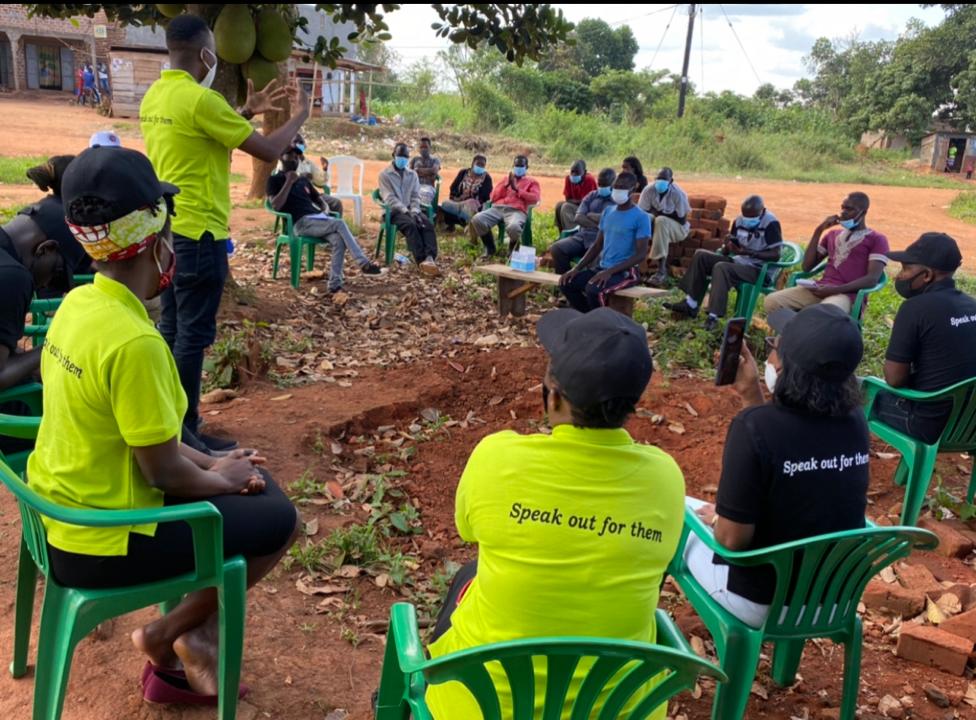Wetlands are lungs and kidneys of our environment. They are homes to wild animals including Uganda’s national bird, the Uganda crane. The health of wetlands is crucial to our own existence and that of wildlife. However, Uganda loses about 293sqkm of wetlands every year which puts the survival of wetlands and therefore, our own survival in jeopardy. Under Section 54 of the National Environment Act, wetlands must be conserved for the common good of the people of Uganda. We all have a role to play to conserve wetlands. At Help African Animals, we are committed to raising awareness about wetland conservation.
Category Archives: Uncategorized
The law should protect interests of all
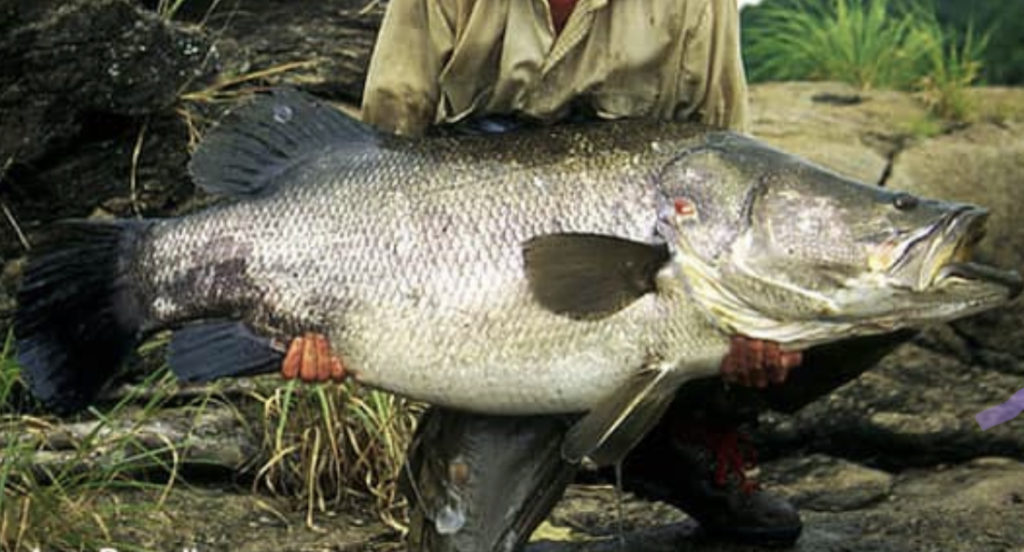
The Uganda Fish Exporters propose to parliament a ban on Nile Perch local consumption. They are moving a proposal to leave Nile Perch for export purposes only on ground that by so doing Nile Perch depletion will be stopped. The proposed ban if passed into law will instead increase illegal fishing of Nile Perch and hence its further extinction.
Become a friend to an animal and nature today
A good law protects wildlife
A good law that clearly provides for all the dos and don’ts, and which is clearly communicated to those it is made to deter from offending, plays a great role in protecting wildlife. Suspects must not be taken by surprise. People should be sensitized about the laws protecting wildlife and penalties for violation of the laws.
Happy Independence Day
Water bodies are a major habitat for wildlife
Aquatic lives both big and small, the most known and unknown call water bodies home. Water pollution by humans remain a major challenge to all aquatic lives. The pollutants suffocate the aquatic lives and have sent many of them into total extinction. At Help African animals, we raise awareness of the dangers of water pollution to the communities adjacent to water bodies and save lives of wildlife.
Swamps are home to many
Swamps are one of the major habitats for wildlife. One of the world’s rare birds, the Shoebill, which is endemic in Africa with some individuals found in the northern part of Uganda, lives in swamps. However, the pressure that human activities exert on swamps has not only drained them but has also choked their inhabitants.
At Help African Animals we believe in collective effort. As such, we are committed to increasing peoples understanding of the importance of environmental conservation towards animals’ well-being.
No home no life
A home is a necessity for both humans and animals. A variety of animal species keep facing threat of extinction because of habitat loss resulting from human activities. Wildlife species can only be fully conserved or protected if people learn to be environmental friendly. Thus Help African Animals continues to raise awareness to the general public / rural communities on animal habitats conservation and the benefits that acrue therefrom.
WORLD TOURISM DAY
Tourism in most of our countries is wildlife based. At Help African Animals, we are driven by the belief that any effort to conserve wildlife but which does not involve the true keepers of wildlife – the rural people, is in vain. That is why we educate rural communities about wildlife conservation and the benefits of conservation. Tourism starts with the people and ends with the people. As we commemorate World Tourism Day, let us empower the rural people to conserve the wildlife in their communities. HAPPY WORLD TOURISM DAY!
